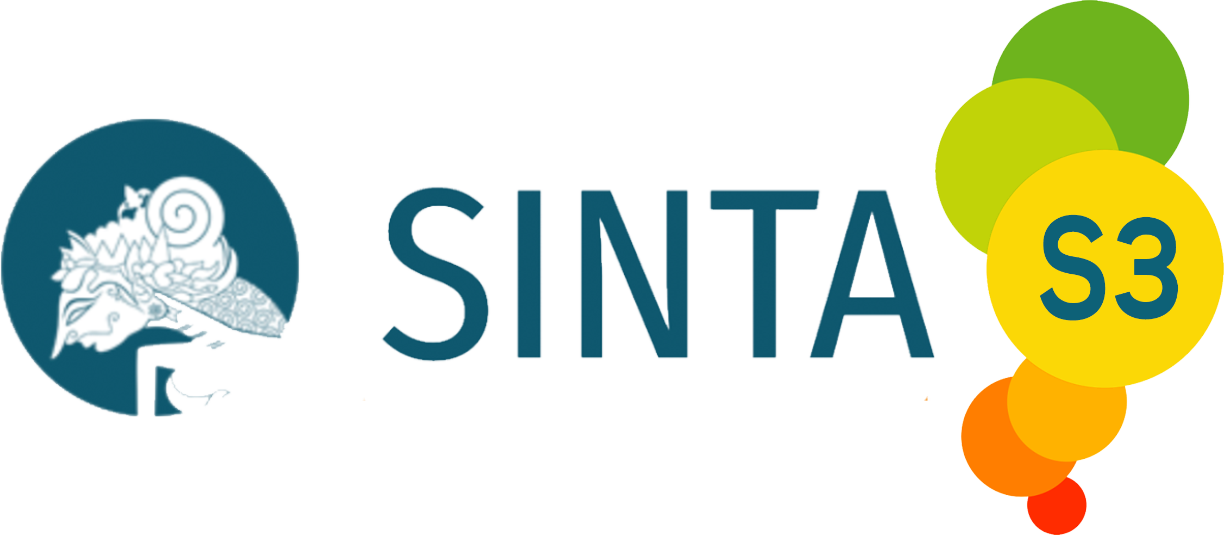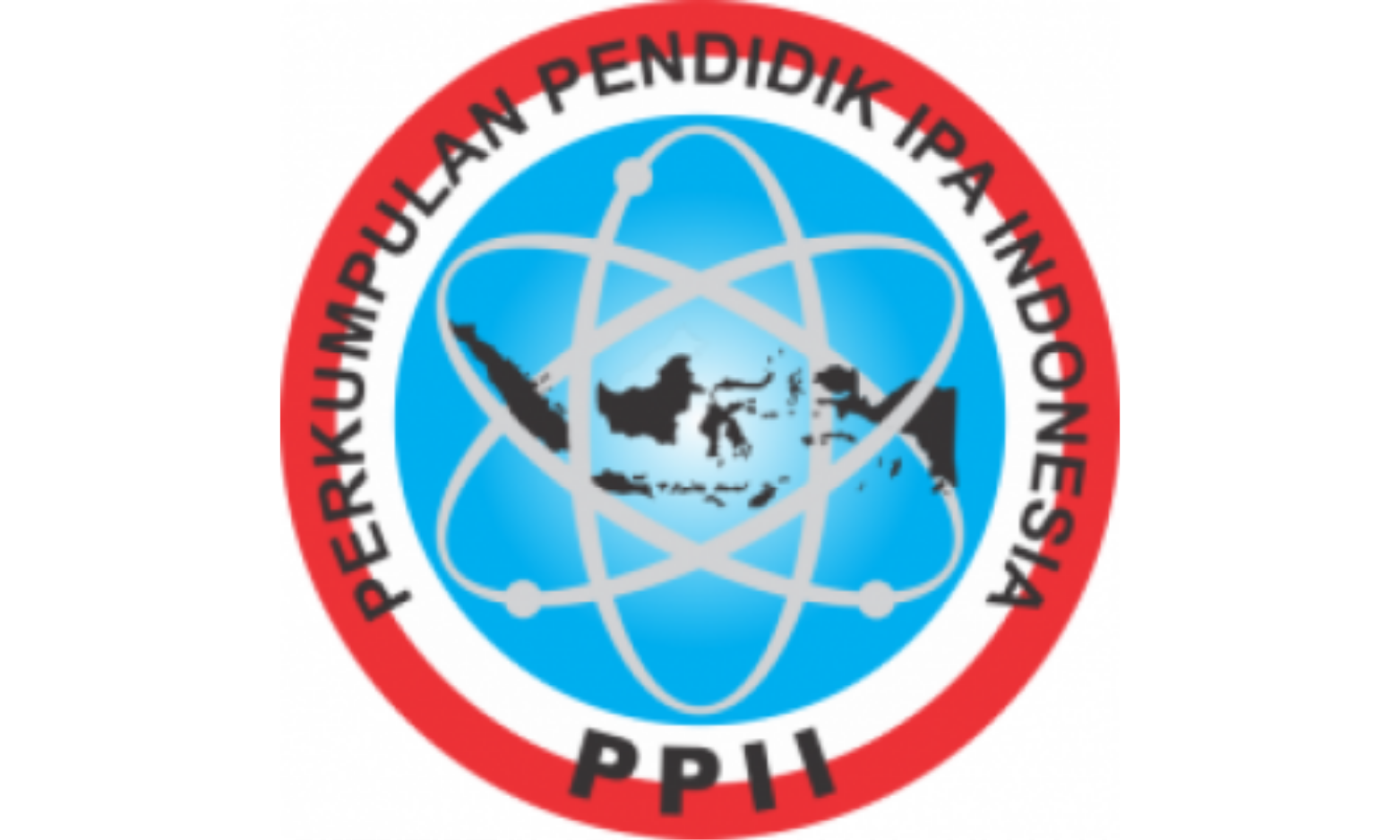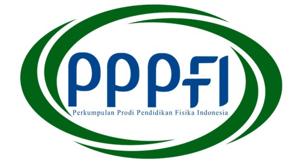PENGEMBANGAN MODUL FISIKA BERORIENTASI MODEL PEMBELAJARAN INQUIRY UNTUK PESERTA DIDIK
DOI:
https://doi.org/10.15575/jotalp.v6i1.10620Keywords:
InquiryAbstract
The purpose of this study was to create a physics module oriented to the inquiry learning model that is valid and practical due to the lack of attractive teaching materials. This research is a research and development using the inquiry model. The type of research used in this research is Research and Development (R&D). The subjects in this study were 28 educators and students. The research procedure used in this study is a 4-D model, namely define design, develop, and disseminate. The instruments used in this study were the product validation sheet and the product practicality sheet. Based on the validation results, it is found that the module has a very valid category with a percentage of 83.91% and a very practical category with a percentage of 92.65%. Modules can be used in the learning process in the classroom to help students understand.
References
Anaperta, M. (2015). Praktikalitas Modul Fisika SMA Berbasis Model Pembelajaran Generatif Pada Materi Listrik Dinamis Terintegrasi Kelistrikan Jantung. Jurnal Riset Fisika Edukasi Dan Sains , 2(1), 23-32.
Basri, H. (2015). Paradigma Baru Sistem Pembelajaran . Bandung: CV Pustaka Setia.
Buyung, B., & Dijanto D. (2017). Analisis Kemampuan Literasi Matematis Melalui Pembelajaran Inquiry Dengan Strategi Scaffolding. Unnes Journal Of Mathematics Education Research, 6(1), 112-119.
Hayati, S., & Lailatussaadah, L. (2016). Validitas Dan Reliabilitas Instrumen Pengetahuan Pembelajaran Aktif, Kreatif Dan Menyenangkan (Pakem) Menggunaan Model Rasch. Jurnal Ilmiah Didaktika, 16(2), 169.
Hosnan, M. (2016). Pendekatan Saintifik Dan Kontekstual Dalam Pembelajaran Abad 21. Bogor: Ghalia Indonesia.
Kunandar. (2015). Penilaian Autentik (Penilaian Hasil Belajar Peserta Didik Berdasarkan Kurikulum 2013). Jakarta: PT Raja Grafindo Persada.
Menrisal, Yunus, Y., & Rahmadini, N. S. (2019). Perancangan Dan Pembuatan Modul Pembelajaran Elektronik Berbasis Project Based Learning Mata Pelajaran Simulasi Digital SMKN 8 Padang. Jurnal Koulutus: jurnal Pendidikan Kahuripan, 2(1), 1-16.
Parmin. (2012). Pengembangan Modul Mata Kuliah Strategi Belajar Mengajar IPA Berbasis Hasil Penelitian Pembelajaran. Jurnal Pendidikan IPA Indonesia , 1 (1), 8-15.
Ridho, M. S. (2020). Validitas Bahan Ajar Gerak Melingkar Berbasis Authentic Learning di Lingkungan Lahan Basah Untuk Melatih Keterampilan Pemecahan Masalah. Journal of Teaching and Learning Physics, 5(2), 87-98.
Riduwan, M.B.A. (2009). Belajar Mudah Penelitian. Bandung: Anggota Ikatan Penerbit Indonesia (IKAPI).
Satriawan, K., & Rosmiati, R. (2016). Pengembangan Bahan Ajar Fisika Berbasis Kontekstual dengan Mengintegrasikan Kearifan Lokal Untuk Meningkatkan Pemahaman Konsep Fisika Pada Mahasiswa. Jurnal Penelitian Pendidikan Sains, 6(1), 22-26.
Sugiyono. (2011). Metode Penelitian Kuantitatif Kualitatif Dan R&D. Bandung: Alfabeta.
Trianto. (2011). Mendesain Model Pembelajaran Inovatif Progresif. Jakarta: Kencana Prenada Media Group.
Yusup. (2018). Uji Validitas Dan Reliabilitas Instrumen Penelitian Kuantitatif. Jurnal Ilmiah Kependidikan, 7(1), 17-23.
Downloads
Additional Files
Published
Issue
Section
Citation Check
License
Journal of Teaching and Learning Physics is licensed under a Creative Commons Attribution-NonCommercial-NoDerivatives 4.0 International License








